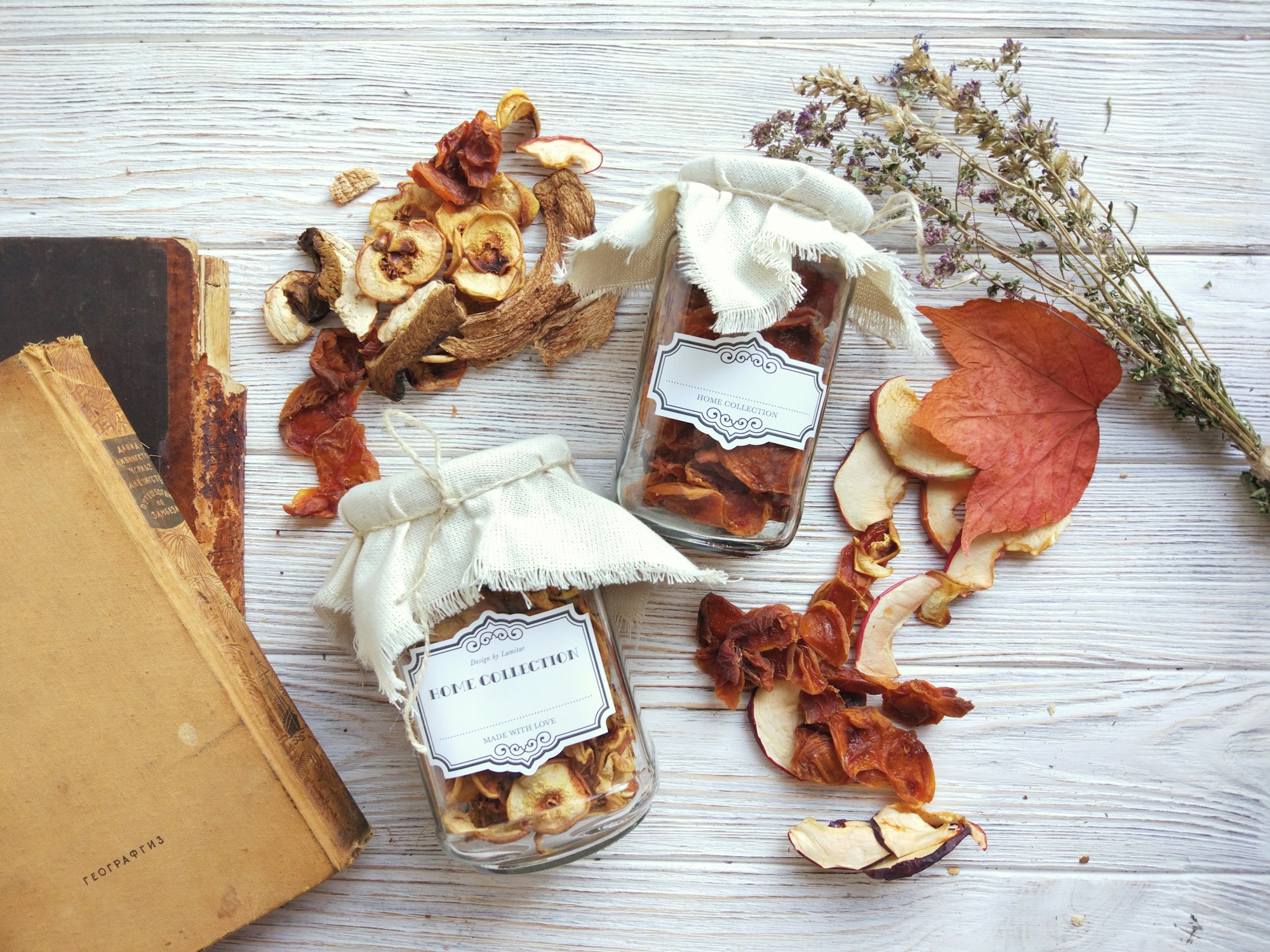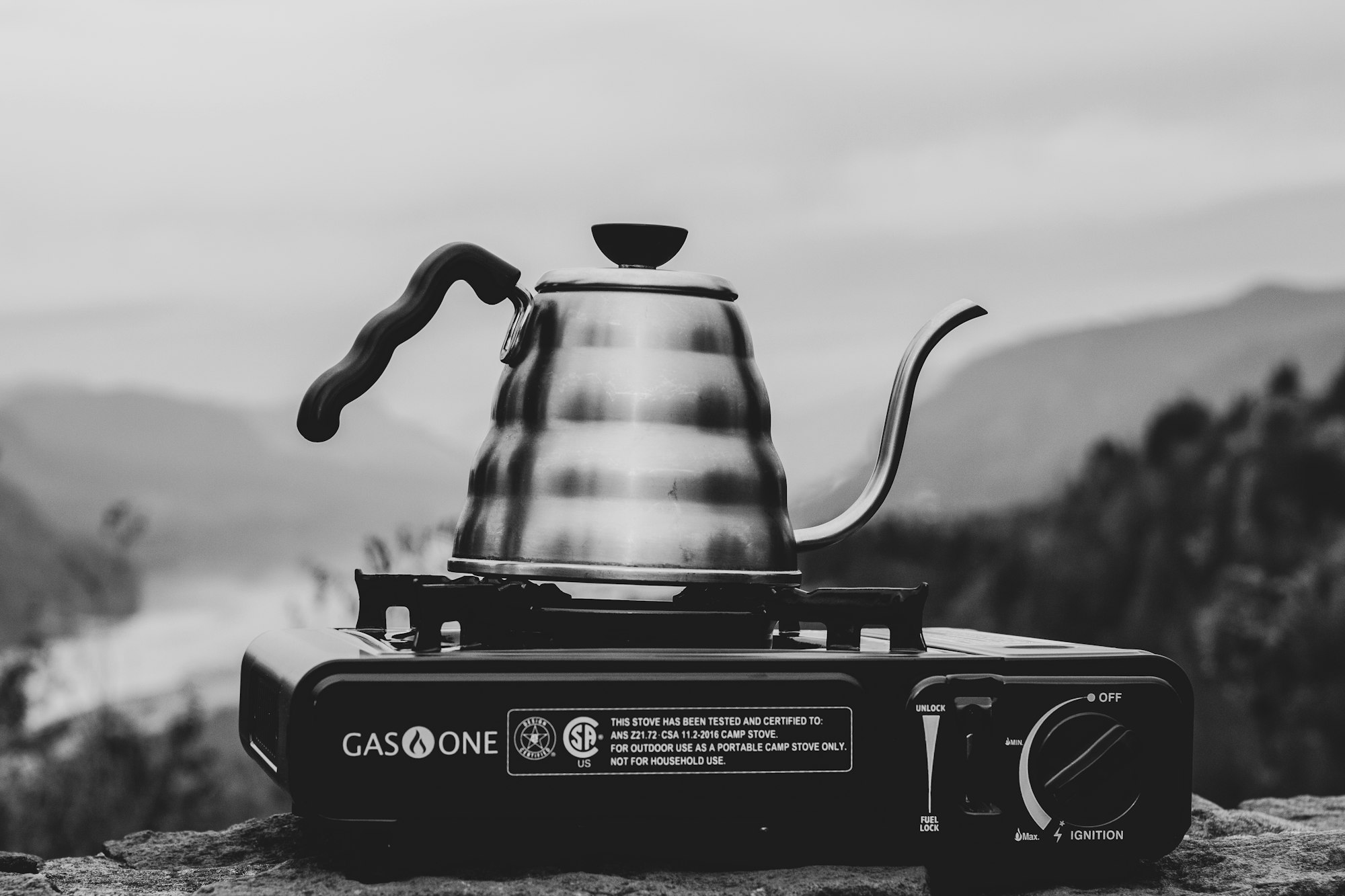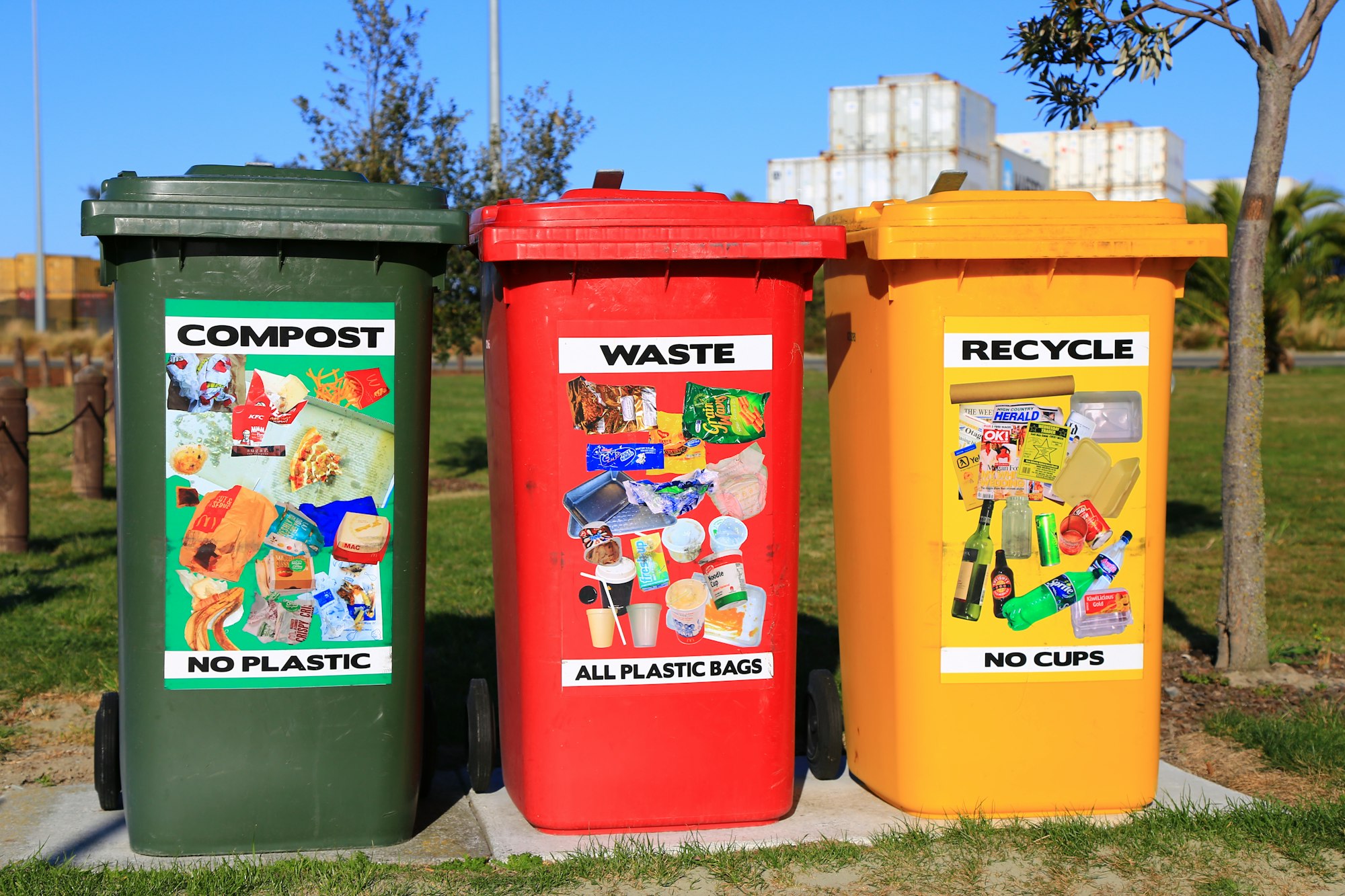How to Store Food While Camping: Simple Tips to Keep Your Food Fresh and Safe
Going camping? Make sure you have all the gear and supplies you need to keep your food fresh and safe. Don't let your food go to waste on your next camping trip - read our tips and make sure your food stays fresh and delicious throughout your trip.
Camping can be a fun and exciting adventure, but it's important to make sure that you have the right gear and supplies to keep your food fresh and safe. Whether you're camping in the wilderness or at a campground, there are a few key things to consider when it comes to storing your food.
In this article, we'll share expert tips on how to keep your food from going to waste while camping. So let's get started and make sure that your food stays fresh and delicious throughout your camping trip!
Planning ahead is Key

When it comes to keeping your food fresh and safe during a camping trip, the most important thing is to plan ahead. Knowing what type of food you need for each meal and packing accordingly will help you avoid over- or under-packing and ensure that none of your food goes to waste.
Additionally, make sure that you have the right coolers and storage containers for the type of food you plan to bring. Non-perishable items like canned or boxed foods can be stored in a cooler, while items such as vegetables, dairy, and meats should be kept separate in airtight storage containers.
Be sure to pack enough ice or cold packs in your cooler to keep your food at the right temperature and to keep it from spoiling. This might sound strange, but even if you are camping in winter, using coolers, ice packs, and frozen water bottles to keep things cold is a good idea to avoid your food from freezing completely.
Keep food items in their original packaging

When you're packing up your food for a camping trip, make sure that you keep all of the items in their original packaging. This will help prevent cross-contamination between different types of foods. For example, keeping raw meats separate from other food items.
Also, try to minimize the amount of time that food spends out of the refrigerator or freezer by packing it in insulated containers with enough ice packs to keep everything cold until you reach your destination.
Clean up after every meal
It's important to clean up after every meal while camping – this means disposing of any food scraps, washing dishes, and storing food properly. This will help reduce the risk of attracting wildlife to your campsite while also ensuring that all of your food is stored safely and securely.
To keep things organized, you can create a designated area for storing food and cleaning supplies – this will make it easier to quickly tidy up after every meal.
Following these simple tips will help ensure that your food stays fresh and safe while camping so you can enjoy a delicious, worry-free meal anytime. So get out there and have a great time! Happy camping!
Store dry goods in airtight containers or Ziploc bags

When it comes to storing dry goods, such as grains, nuts and snacks, it's important to keep them in airtight containers or Ziploc bags. This will help prevent moisture from getting into the food and will keep it fresher for longer.
Additionally, you can store items that are prone to spoilage – like cheese and cooked meats – in the freezer. This will help them last longer and keep them from spoiling during your camping trip.
Finally, make sure to label all food containers with their contents and expiration date before packing them up for your camping trip. This will help you quickly identify any food items that have gone bad or need to be eaten first.
Use a camp stove or fire pit to cook food instead of using the campfire directly

When it comes to cooking on a camping trip, there are several options available. The most traditional way is to use an open campfire, but this can often be dangerous and is not always the best choice when it comes to safety or flavor. A better option is to use either a camp stove or fire pit to cook food instead of using the campfire directly.
Camp stoves provide a safe and efficient way to cook food that can be regulated better than an open fire, allowing you to control the temperature more easily for optimal cooking results. Fire pits are another great option as they help concentrate heat and allow for direct flame-cooking of several different foods at once.
Whichever cooking method you choose, make sure to practice proper safety procedures and follow the manufacturer’s instructions for use.
Keep an eye on your food
Even when you take all the necessary precautions, there's always the chance that some of your food might spoil or be unsafe to eat. That's why it's important to keep an eye on your food and discard anything that has gone bad or looks unsafe to eat.
It's also a good idea to have an extra supply of non-perishable food items just in case something spoils or becomes unsafe to eat. This will ensure that you and your camping companions are never left without a meal.
By following these tips, you can make sure that your food stays safe and fresh during your next camping trip. Remember, safety comes first and proper food handling is essential for a successful camping trip.
Pack food waste in sealed bags

When camping, it is important to remember that many animals are drawn to food scraps. To ensure that your campsite remains free of unwanted wildlife, make sure to pack all food waste in sealed bags and dispose of it properly.
Doing this will help keep your campsite free from animals that may bother you or damage your tent and other equipment. Additionally, it is important to never feed wild animals – not only does this disrupt their natural behavior but it can also be dangerous for both humans and animals.
Final Words
In conclusion, storing food while camping requires careful planning and attention to detail. By following these tips, you can make sure that your food stays fresh and safe while camping so you can enjoy a delicious, worry-free meal anytime.
So next time you hit the trails, don't forget to bring the right gear and supplies to keep your food fresh and waste-free. Happy camping!
So get out there and have a great time! Happy camping!

